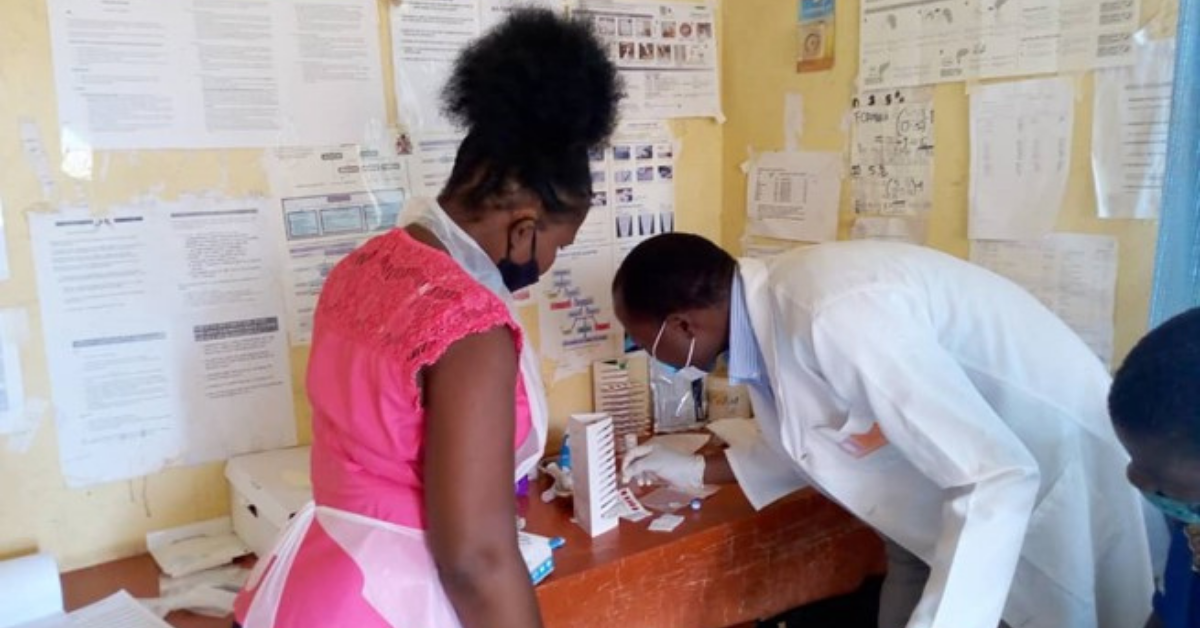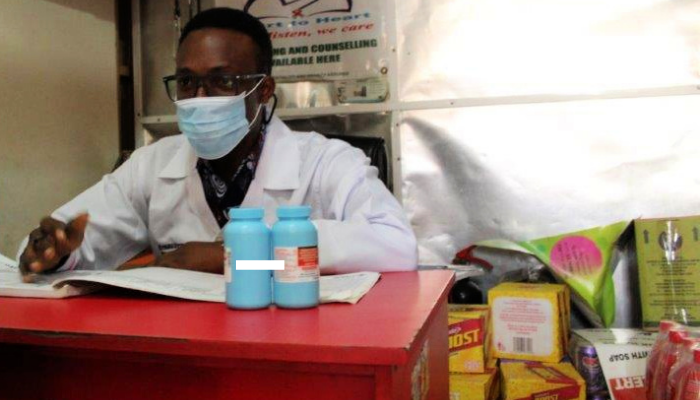Gift Kambandanga, Project Manager, EpiC, PSI MalawiPhilip C. Mkandawire, Market Development, Social Franchise & Research, Deputy Chief of Party, PSI MalawiLirica Nishimoto, Technical Officer, EpiC, FHI 360Moses Bateganya, Technical Director, EpiC, FHI 360 With more than 850,000 people living with HIV (PLHIV)...
Continue Reading






